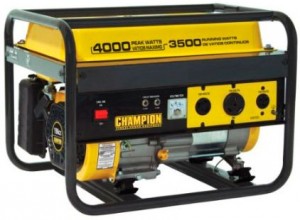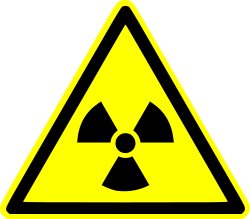Common Survival and Preparation Mistakes
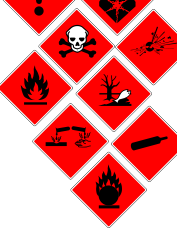
Over packing, it sounds counterproductive because logic dictates you can never have too much, but you can have too much when it comes to preparing for survival. It is all about priorities. In some peoples’ minds, they assume they need what is currently in their home to survive away from home, which is impossible of course. If forced to evacuate you may only have what you can carry in a backpack or if you are fortunate, enough to be able to escape in a vehicle you have more options but the big screen television is not one of the options. There are things essential to your survival and there are the things you only think are essential.
Wilderness Survival Kits
People typically over pack and thus begin to leave their survival kit behind because it becomes burdensome.
Some may be confused and rightly so about what a survival kit is. Some believe you must have enough food and water in one to survive forever and will pack and pack until they cannot even shoulder the bag. A survival kit is designed to provide you the tools and materials to collect and purify water, hunt and fish for food and to build a shelter. It is not designed for you to carry all of the food and water you may need and it provides the tools to build a shelter were ever you might be stranded. Your kit is designed to take over if you become lost or stranded and the supplies you packed for the time you expected to be hiking or camping are depleted.
Stockpiling Supplies At Home
The wrong type of foods and containers.
There are situations where you may have to evacuate your home. You will need supplies for the trip and for when you arrive at a destination. People tend to believe they will always have their home to live in during a crisis and do not prepare for the possibility of leaving. To prepare for any situation you would need foods that can be packed and carried on your back. Some preppers have safe areas they plan to escape to using vehicles, but vehicles break down and safe houses or areas can be destroyed or even taken over by others. Keep in mind all foods must be such that they can literally be eaten from the can or package. You may not have time or the resources to start a fire and prepare foods such as dehydrated ones.
Prepare, for sheltering in place and prepare for the possibility of sheltering in the wilderness because your current location has become hostile. Home canning is ideal for long term survival but glass jars are not ideal for carrying in a backpack and dehydrated foods require water and preparations so have a variety of foods to suit whatever action you must take. Do not make any assumptions, you must plan and prepare for all possibilities.
Some may brag about how well prepared they are and encourage others to do the same
It is important that everyone prepare so everyone can survive and not be a burden to others but some will not prepare for whatever reason. The ones that did not prepare will be looking for those that did, some will ask for help and others out of desperation may try to take what they need. Do not advertise you are prepared because you will become a target once disaster strikes.
Putting all of your supplies in one place.
Having all of your supplies in one place is not ideal. You may be robbed and lose all of your supplies, you may have a fire or the disaster itself may damage your home. Cache supplies even if it is in the backyard in the ground or in a secure shed. Bury them in various locations so if you do have to evacuate you can supply or resupply as you move out. Cache provisions along the evacuation routes, making sure you have alternative routes mapped out with supplies cached along those as well.
Recommended Items
Maxpedition Falcon-II Backpack
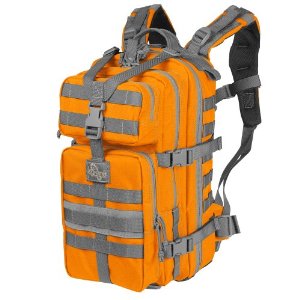
Emergency Shelter Tent
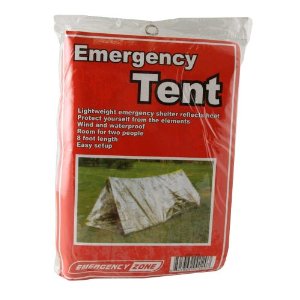
Emergency Blankets
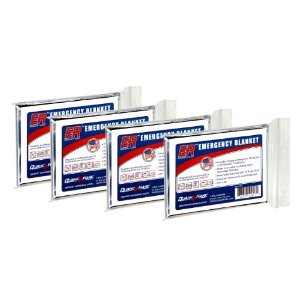
MTM Survivor Dry Box
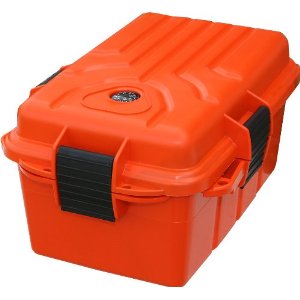
Coleman Stove
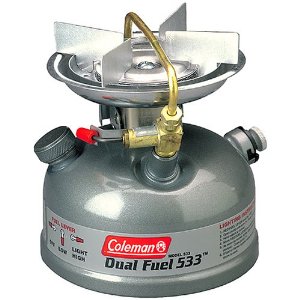
Coleman Heater
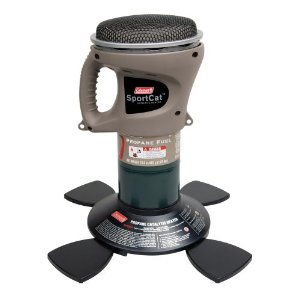
Emergency Drinking Water

Water Purification Tablets
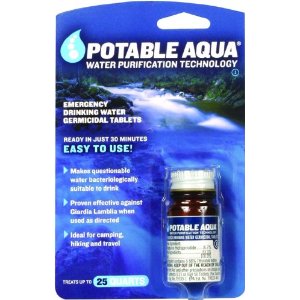
Fresh Bath Body Wipes

Fenix Flashlight
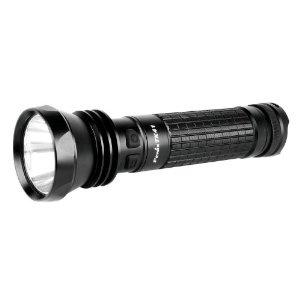
Dust Masks
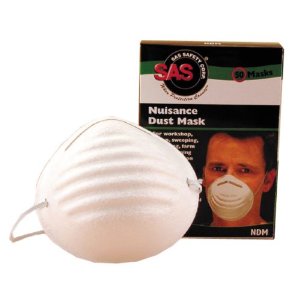
Champion Power Generator
